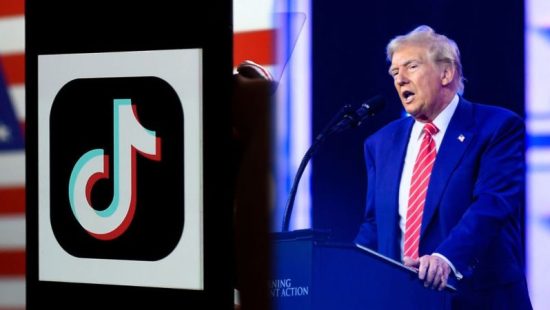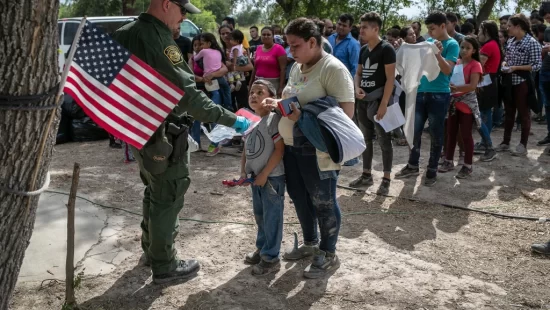US Customs and Border Protection has announced that all noncitizens will be photographed upon entering and exiting the United States, which signals a fundamental change in border policy and biometric surveillance, according to immigration attorney Kate Lincoln-Goldfinch.
The biometrics program will begin Dec. 26, and is targeted visa holders, green card holders, temporary workers and children.
The rules were published Monday in the Federal Register, whose summary says that “non-exempt aliens” could be required to provide other biometrics.
This final rule also allows for the collection of biometrics from people departing from airports, land ports, seaports, or any other authorized point of departure.
Lincoln-Goldfinch warns that this expansion raises significant privacy concerns and risks of profiling.
“The government cannot treat every noncitizen the same without scrutiny of individual facts and context,” she said. “We must ensure this rule comes with clear notice, constitutional safeguards, and minimal disruption to lawful travel.”
Lincoln-Golfinch, who is based in Austin, Texas, stated there are many other issues with this pending CBP program.
“There are also concerns with the software that at times, does not work properly with people of color. So, people with darker skin tones might suffer difficulties, but the overarching concern is about data privacy and surveillance.”
The data gathered by CBP could be held in storage for up to 75 years and shared with a number of unknown agencies, according to Lincoln-Goldfinch.
“Families must know what will happen with their data, how long it will be stored, and how to clear misunderstandings.”
And with biometrics gathered on the way out of the U.S., some worry people could be detained as they try to leave the county if their visa had expired or for any other reason. “It’s within the realm of possibility that someone planning to leave the United States, it could be a challenge to get out and I think that makes everyone feel a little uncomfortable with what we’ve been seeing the ways things have been heading in the last 10 months.”
On Friday, CBP said it will be using facial recognition technology to track non-citizens entering and leaving the country in order to combat visa overstays and passport fraud. “I think everyone understands the need for border security and this country should know who is coming and going, but a lot of people are right not to trust the government is making careful decisions in ways they detain people,” Lincoln-Goldfinch said.
She believes the biometrics gathering program will likely face court challenges, in particular fourth amendment questions about unlawful search and seizure.








